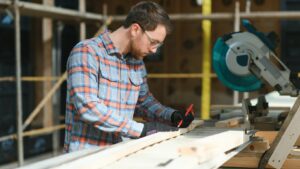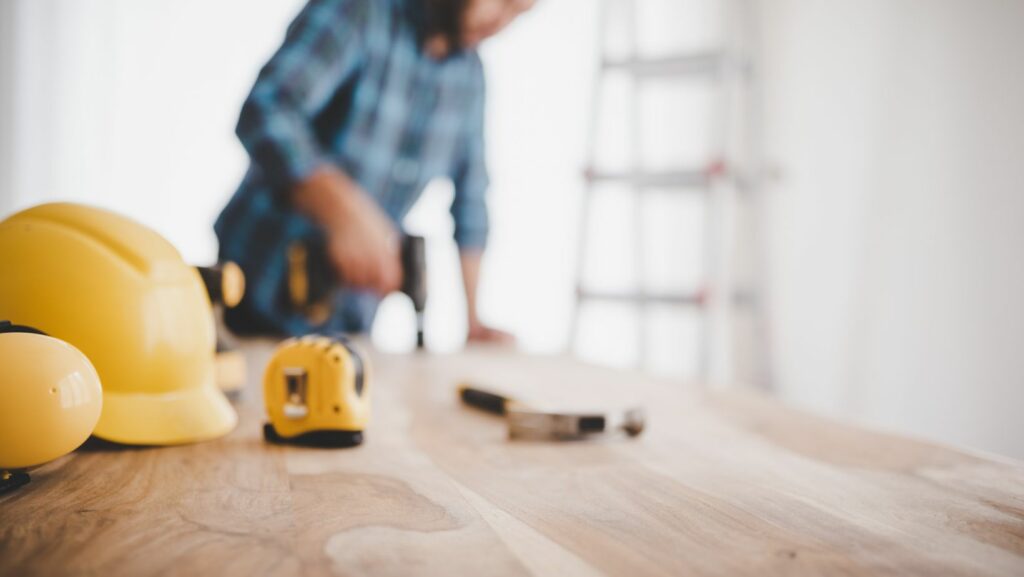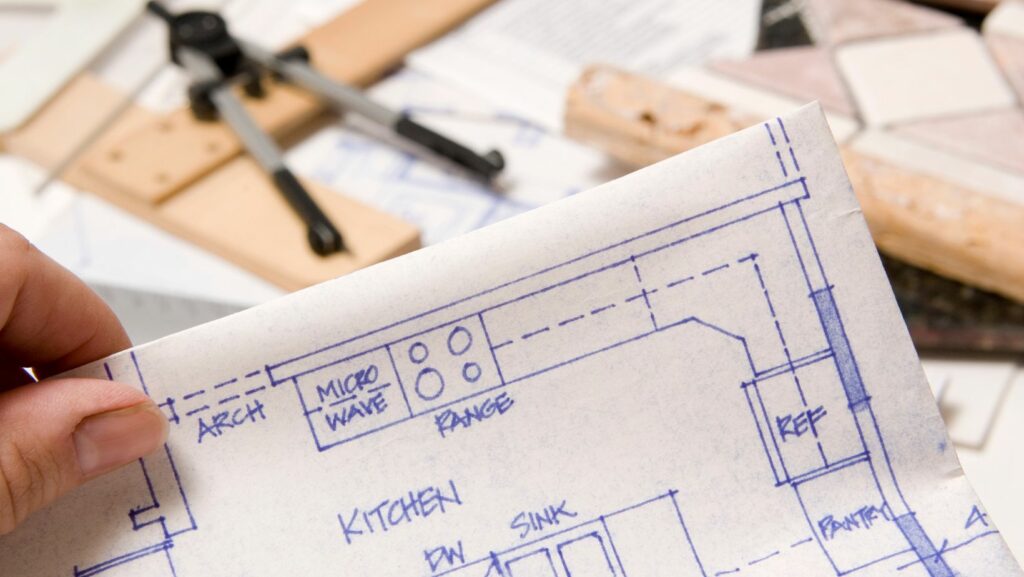DIY Home Projects for Beginners
- DIY home projects offer beginners a unique opportunity to enhance their living spaces while developing practical skills.
- Essential tools for beginners include a hammer, screwdriver, tape measure, utility knife, and a drill, which facilitate efficient project completion.
- Simple furniture makeovers and home decor projects like creating wall art or building shelves are excellent starting points to spark creativity.
- Careful planning and awareness of common mistakes, such as underestimating time and ignoring safety, can significantly improve project outcomes.
- Online tutorials and community forums provide valuable resources and support for beginners, helping them learn techniques and share experiences.
Embarking on DIY home projects can be both exciting and rewarding, especially for beginners eager to make their mark. With a little creativity and some basic tools, transforming a living space becomes a fun adventure rather than a daunting task. Whether it’s sprucing up a room or tackling small repairs, there’s a project for everyone.
From simple decor updates to practical improvements, these DIY endeavors not only enhance the home but also build confidence and skills. As they dive into these projects, beginners discover the satisfaction of creating something unique and personal. This guide will explore a variety of easy and enjoyable DIY home projects, paving the way for a more inviting and stylish living environment.
Overview of DIY Home Projects for Beginners
DIY home projects provide an exciting opportunity for beginners to enhance their living spaces. Beginners can explore various project types such as organizing, decorating, or renovating areas within their homes. Basic tools, including hammers, screwdrivers, and paintbrushes, suffice for these tasks. 
Engagement in DIY projects fosters creativity and problem-solving skills. Personalized touches through DIY projects allow individuals to express their unique style while improving functionality. Simple projects, such as creating wall art or building shelves, require minimal experience and deliver immediate gratification.
Benefits of engaging in DIY home projects include cost savings and the development of practical skills. For instance, painting a room transforms its appearance and provides a sense of accomplishment. Beginners can learn techniques that contribute to future endeavors, boosting their confidence in tackling more complex tasks.
The variety of DIY projects caters to diverse interests and skill levels. Options include crafting decorative items, repurposing furnishings, or even gardening. Beginners find that the satisfaction derived from completion effectively motivates further exploration within the realm of DIY home projects.
Essential Tools and Materials
Beginners embarking on DIY home projects require a specific set of tools and materials to succeed. The right equipment ensures efficiency and ease during projects.
Basic Tools You Need
- Hammer: Essential for driving nails into wood or hanging items on walls.
- Screwdriver: Necessary for tightening or loosening screws; both flat-head and Phillips-head types are useful.
- Tape Measure: Helps in measuring spaces accurately, ensuring precise cuts.
- Utility Knife: Ideal for cutting through various materials, including cardboard and plastic.
- Pliers: Useful for gripping, twisting, and cutting wires or small objects.
- Level: Ensures that items installed on walls or surfaces are straight and even.
- Drill: Provides versatility for drilling holes or driving screws; a cordless model offers convenience.
- Wood: Used for building shelves, furniture, or decorative items; plywood and 1x boards are beginner-friendly.
- Paint: Enhances aesthetics; water-based paints are easy to work with and clean.
- Sandpaper: Important for smoothing surfaces before finishing, preventing rough edges.
- Wood Glue: Suitable for assembling projects, offering a strong and durable bond.
- Fasteners: Includes nails, screws, and brackets, which provide structural integrity.
- Fabric: Useful for upholstery or no-sew projects, adding color and texture to home decor.
- Adhesive: Craft glue or double-sided tape works well for quick fixes and lightweight projects.
Popular DIY Home Projects
Beginners can explore various DIY projects that enhance their living spaces in creative and affordable ways. Below are a couple of popular project ideas that invite creativity and skill development.
Simple Furniture Makeovers
Simple furniture makeovers provide an excellent entry point for beginners. Consider these ideas:
- Painting: Transform old furniture by applying a fresh coat of paint. Use chalk paint for a matte finish or spray paint for quick application.
- Reupholstering: Change the fabric on chairs or cushions to refresh their appearance. Select fabric that complements the existing decor.
- Staining: Enhance wooden furniture by sanding and applying wood stain for a rich, polished look. This technique preserves the wood grain while refreshing its color.
- Adding New Hardware: Swap out old drawer pulls or knobs for modern options. This small change can significantly update the furniture’s overall style.
Home Decor Ideas
Home decor projects allow beginners to personalize their spaces. Here are common ideas:
- Creating Wall Art: Make simple canvas art or framed prints using paint, fabric, or printouts. Display personal photos or inspirational quotes for added character.
- Building Shelves: Construct floating shelves using wood and brackets. This project provides additional storage while showcasing decorative items.
- Designing Plant Holders: Craft DIY plant holders from macrame or wood. Incorporate greenery to enhance the living environment.
- Using Mirrors: Hang decorative mirrors to create depth and brightness in a room. Choose mirrors with unique frames for a visual statement.
These projects encourage creativity while improving home aesthetics. Every effort strengthens skills and fosters a sense of accomplishment in beginners.
Tips for Successful DIY Projects
Successful DIY projects rely on careful planning and awareness of common pitfalls. Beginners achieve better outcomes by following these strategies.
Planning Your Project
Planning projects closely ensures efficiency and success. Begin with clear goals and specific tasks. Identify the project scope, budget, and timeline. Break tasks down into manageable steps. Sketch designs or create lists of necessary materials. Gather all tools and supplies before starting. Research techniques through online tutorials or guides. Document the process; it aids in future projects.
Common Mistakes to Avoid
Awareness of common mistakes enhances project outcomes.
- Skipping Preparation: Neglecting to prepare can lead to chaos. Always organize materials and tools beforehand.
- Underestimating Time: Inaccurately gauging project duration often results in frustration. Set realistic time frames for completion.

- Ignoring Safety: Disregarding safety precautions poses risks. Always wear protective gear and follow safety guidelines.
- Inexperience with Tools: Using tools without adequate knowledge can cause damage. Read manuals and practice techniques before starting.
- Overcomplicating Projects: Choosing overly ambitious projects can overwhelm. Stick to simple tasks suited for beginners to build confidence.
By following these tips, DIY beginners enhance their chances of completing successful projects.
Resources for DIY Enthusiasts
Numerous resources exist for DIY enthusiasts, providing valuable guidance and support. From online tutorials to community forums, these tools can greatly enhance the DIY experience.
Online Tutorials and Videos
Online tutorials and videos serve as essential learning resources for beginners. Platforms like YouTube host countless channels dedicated to DIY projects. Users can find step-by-step guides that cover various topics, such as woodworking, home decor, and gardening. Many websites, including DIY Network and Instructables, offer written instructions alongside visual aids. Engaging with these resources helps beginners develop practical skills while gaining inspiration for their projects.
Community Forums and Support
Community forums and support groups foster connections among DIY enthusiasts. Websites like Reddit, Houzz, and DIY forums allow individuals to share experiences, ask questions, and exchange tips. Engaging in these communities encourages collaboration and learning from others’ successes and challenges. Many forums also feature project showcases, allowing members to inspire and motivate one another. Utilizing these platforms enhances the DIY journey, creating a supportive environment for beginners.
Creativity and Personal Expression
Embarking on DIY home projects opens up a world of creativity and personal expression. Beginners can take pride in enhancing their living spaces while developing valuable skills. With the right tools and a clear plan, even simple projects can yield impressive results.
The journey of DIY is not just about the end product; it’s about the experience and growth along the way. Each completed project brings a sense of accomplishment and encourages further exploration. Whether it’s a furniture makeover or a decorative touch, there’s always something new to create.
So grab those tools and start transforming your home into a reflection of your unique style. The possibilities are endless and the rewards are truly fulfilling.



